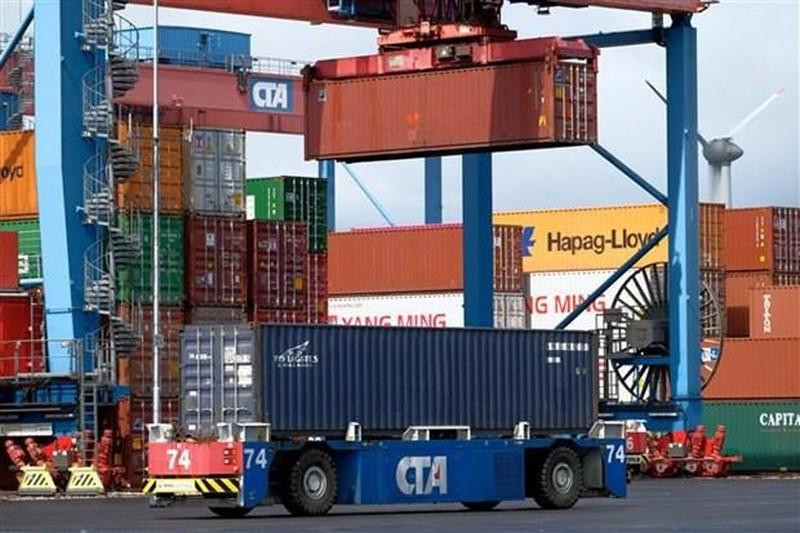However, reducing inflation and maintaining a stable financial environment is a big challenge, as the trend of tightening monetary policy in many countries has been increasing the risk of economic slowdown.
In its Global Financial Stability Report released on October 11, the IMF stated that the global economy is witnessing a challenging period because the sharp increases in prices and interest rates have threatened the recovery momentum around the world. Both developed and emerging economies have been facing growing problems.
According to the IMF, to curb inflationary pressures, central banks should take drastic action to lower the index and the implementation of the commitments of policymakers is important to maintain reliability, avoiding market wobble.
The IMF's warning came in the context of central banks trying to control inflation. The US Federal Reserve (FED) left open the possibility of continuing to adjust interest rates this year. Some leaders of the FED said the US will need to conduct more base rate hikes to curb rising prices. The US inflation reached a new 40-year high. According to FED officials, the stabilisation of prices requires continuous interest rate hikes, followed by tightening monetary policy, until the FED believes that the target of bringing inflation back to 2% is possible.
The Bank of Canada (BOC) also said that raising interest rates is necessary to curb inflation. This is a signal that the BOC will continue to tighten monetary policy, even if the Canadian economy has slowed down and inflation has begun to decline.
The BOC has raised interest rates five times since March, from 0.25% to 3.25%. Positive signs have appeared, as the consumer price index increased by 7% in August, slightly less than 7.6% in July and 8.1% in June. However, the BOC’s interest rate hikes have weighed on economic growth, especially in sectors that are sensitive to interest rates, such as the real estate market.
Analysts warned that the price to pay for drastic measures against inflation is the risk of an economic recession. Top FED officials recently admitted that the US monetary policy tightening could affect weaker economies.
The global market is in a state of stress, as more investors want to avoid risks amid increasing economic and policy-related uncertainty, according to IMF financial advisors. Financial asset prices fell as monetary policies are tightened, while the economic outlook deteriorated and recession fears increased.
Especially, the situation of the real estate market in many countries has been raising concerns about risks that may spread to both banks and the macroeconomy. Emerging markets are facing a range of risks, from high borrowing costs and inflation to volatility in commodity markets.
Meanwhile, in response to inflation at 10%, the European Central Bank (ECB) has increased deposit interest rates by 1.25 percentage points and is expected to increase by 0.75 percentage points on October 27.
However, the EU High Representative for Foreign Affairs and Security Policy Josep Borrell, warned that the trend of interest rate hikes led by the FED is posing a risk of a world economic recession. Josep Borrell says central banks are being forced to match multiple US rate rises to protect their currencies from depreciating against the USD.
In its latest global economic forecast, the IMF downgraded the world economic growth rate and warned of the risk of a recession next year. The World Bank (WB) also recently said that the risk of a global recession in 2023 has increased, as central banks across the world simultaneously raised interest rates to deal with inflation.
According to experts, the trend of raising interest rates to curb inflation can lead to negative factors that can affect economic growth, putting countries in a difficult position in efforts to cool down inflation.
















